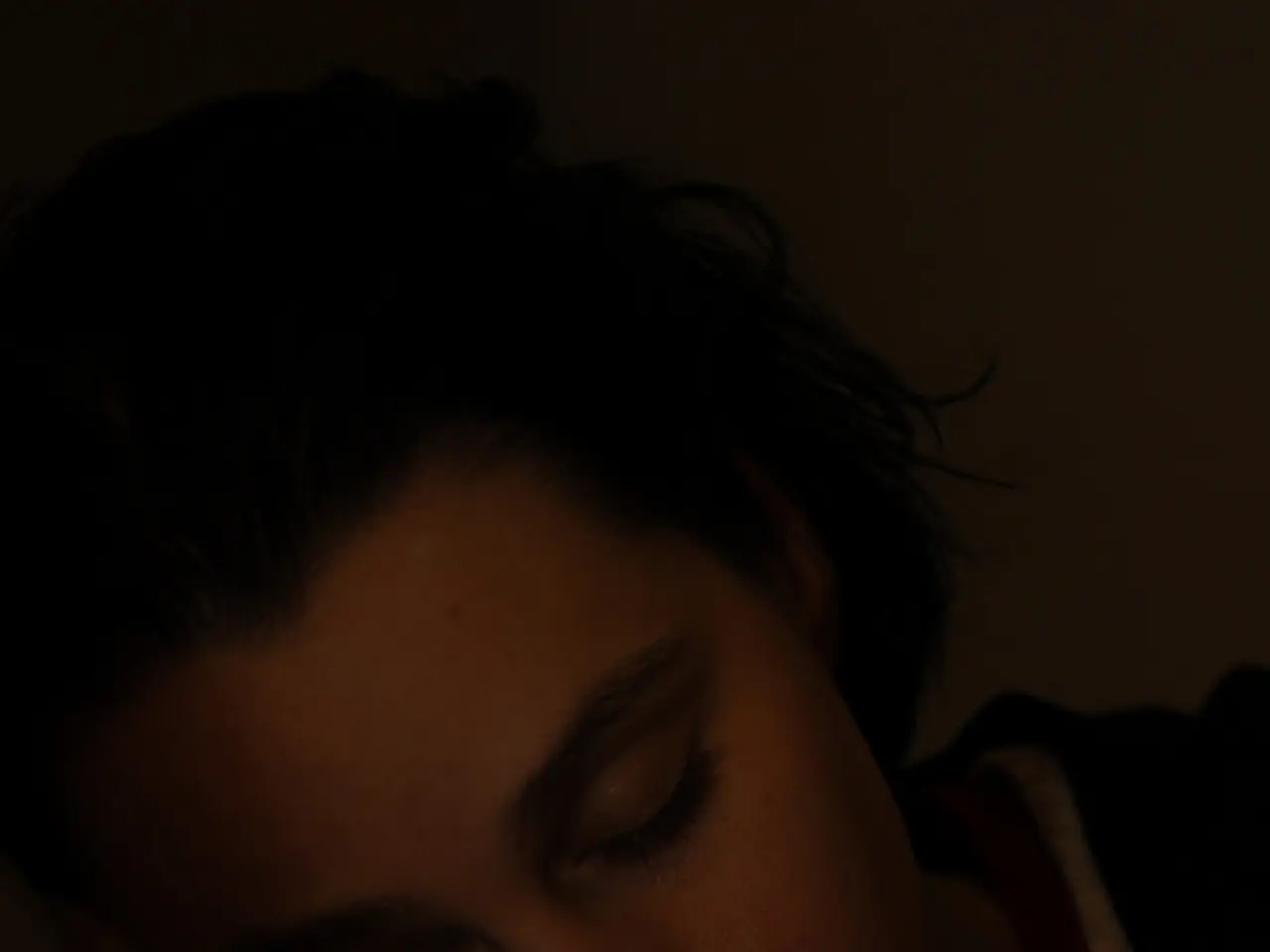Top-Notch Sleep Monitors You Must Check Out
In the realm of sleep technology, wearable devices that monitor multiple biosignals for precision, particularly sleep stage detection, are considered the most accurate in 2025. Among these, the Oura Ring Gen 4 stands out, achieving over 90% accuracy compared to clinical polysomnography (PSG) tests. It excels at detecting deep sleep and REM stages with minimal bias [1].
Other notable accurate trackers include:
- Whoop Strap 4.0 (accuracy ~85%), which provides detailed recovery analytics.
- Ultrahuman Ring AIR (about 80% accurate), known for precise sleep debt and ovulation tracking [5].
- Apple Watch Series 10 (about 80% accuracy), good for sleep latency and integrates well with fitness and alert features [1].
- Galaxy Watch 5 is strong on sleep efficiency bias and also highly regarded [1].
Non-wearable options like the Bia Smart Sleep Mask and Muse S Headband provide advanced brain activity monitoring via fNIRS for detailed sleep stage tracking, but they are less common and can be less comfortable or more expensive [5].
Wearable rings like the Oura Ring Gen 4 combine high accuracy with comfort and long battery life, making them top choices for precise sleep tracking in 2025 [1][3]. Wrist-worn devices and smartwatches offer competitive accuracy with added multifunctional capabilities but often with slightly lower precision on sleep stage detection [3].
Affordable Options for Sleep Tracking
For those seeking a more budget-friendly option, the Xiaomi Mi Band 4 is a popular choice. It monitors health and fitness, including heart rate and sleep quality, and costs around $44. It is water-resistant up to 50 meters and has a battery life of up to 20 days. However, it may produce inaccuracies [2].
The SleepScore Max, priced at around $44, comes with a smart alarm and provides lifetime sleep history and on-demand reports for doctors. It is a standalone unit that may not be convenient for traveling.
Considerations for Choosing a Sleep Tracker
When choosing a sleep tracker, factors to consider include cost, battery life, whether the tracker is wearable or sits under the bed mattress, comfort level during sleep, the type of data the device collects, whether the device offers options for analytic tools, and whether the device has an alarm or smart alarm option. A person who experiences symptoms of sleep disturbances or other sleep-related conditions may find it helpful to track their sleep and share the information with their doctor [4].
Sleep Disturbances and Health
Sleep disturbances can play a role in the onset or exacerbation of various mental health conditions, including anxiety, depression, and bipolar disorder. Certain neurological conditions may cause sleep disturbances. Examples include nerve disorders, pain, dementia, epilepsy, and Parkinson's disease [6].
Sleep studies not only help healthcare professionals diagnose sleep disorders, they can also assist doctors in developing or adjusting a treatment plan. Polysomnography, the technical term for a sleep study, is a comprehensive test that healthcare professionals use to diagnose sleep disorders [7].
References
- TechRadar
- Tom's Guide
- The Verge
- Healthline
- Digital Trends
- Mayo Clinic
- MedlinePlus
- In the health-and-wellness sector, the Oura Ring Gen 4, with its accuracy of over 90% in sleep stage detection, particularly excels at deep sleep and REM stages, making it a cardiovascular health-conscious individual's top choice for precise sleep tracking in 2025.
- Affordable sleep trackers, such as the Xiaomi Mi Band 4, offer a budget-friendly option for monitoring sleep quality, heart rate, and fitness, despite potential inaccuracies.
- For individuals seeking devices to aid in combating mental-health issues like anxiety, depression, or bipolar disorder, sleep trackers can provide valuable data, serving as tools that may help both the individual and their healthcare provider in managing these conditions.




